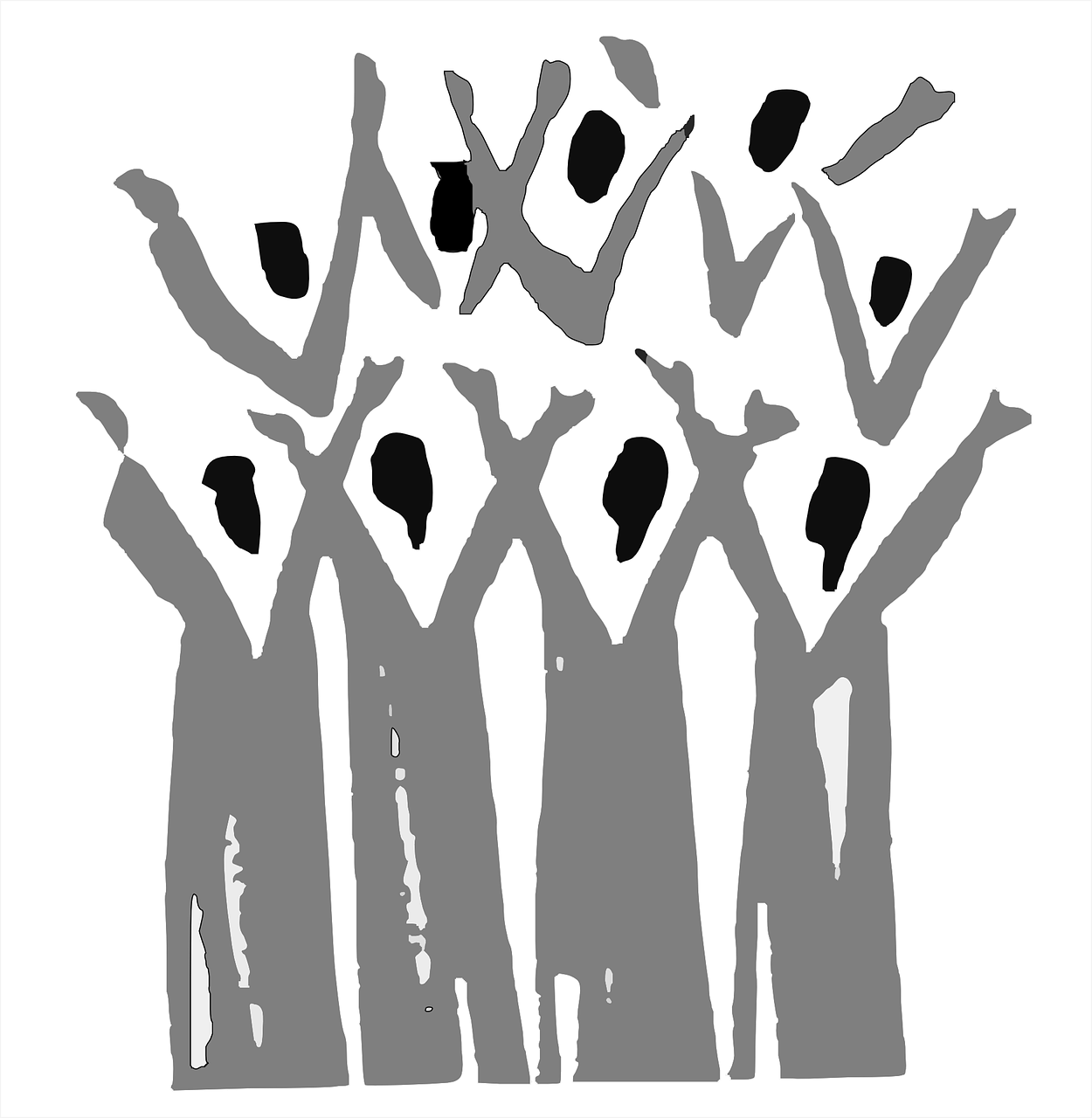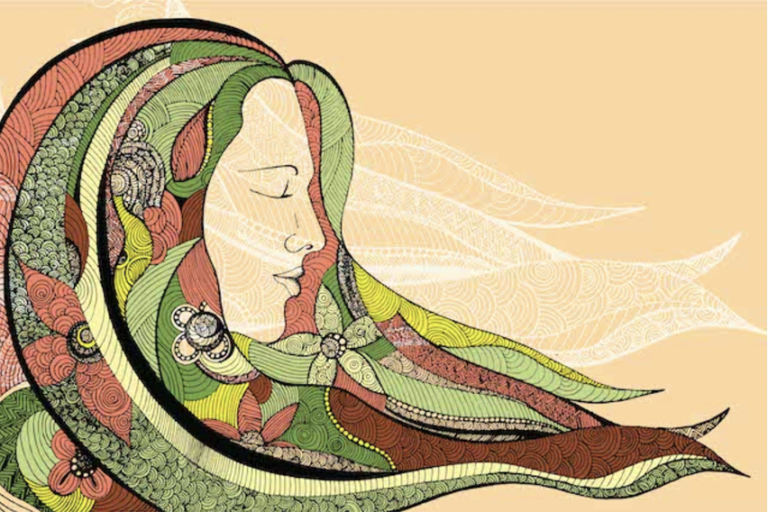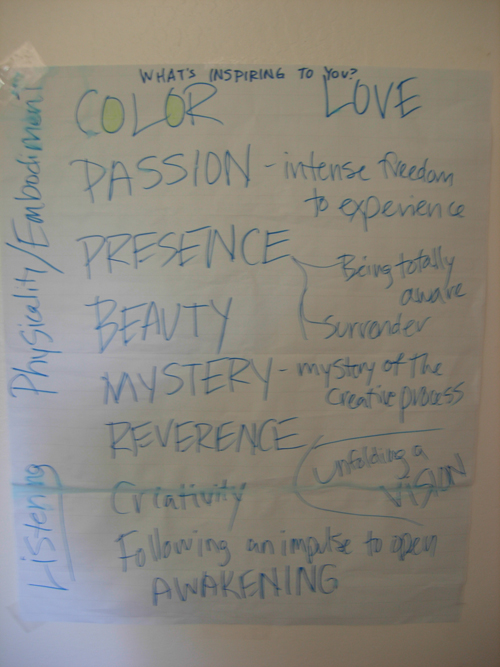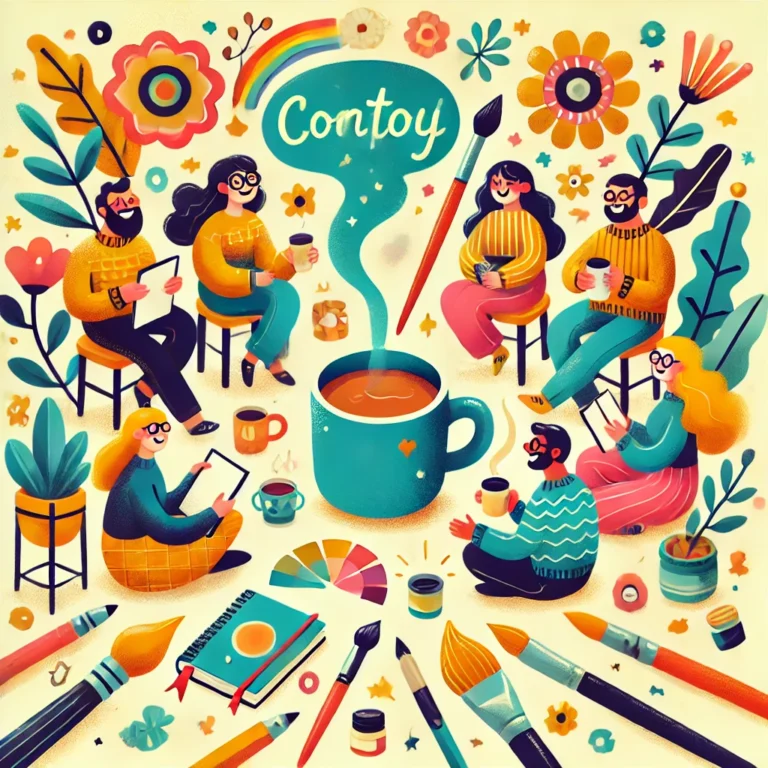Why we stopped singing—and how to bring It back

When the emotion is so big, all you can do is sing.”
When I was a kid, my teacher would take our class to see local musicals, and I always left wondering: Why don’t people in “real” life sing in public? The answer I came up with was simple—people used to sing together, on street corners, while baling hay, or after supper, just like they did on stage. Somewhere along the way, though, we stopped.
That singing-on-street-corners world was the one I wanted to live in as a child—and honestly, I still dream of it.
A Culture That Forgot How to Sing
I came across a blog post a few months ago titled Bird gotta sing. A woman named Linda commented with an insightful theory:
“As recorded music became more omnipresent, we stopped singing to ourselves in our own private operas. What a loss to human culture. Singing becomes a performance instead of a private yoga. I was particularly aware of this change in culture when I was a union organizer. I just don’t understand how you can have a revolution without singing together. I doubt it’s ever happened.”
Linda’s words hit home. At some point, we stopped making our own music and left it to the “professionals.” People specialized into career tracks—some became professional musicians, while the rest of us stopped singing and started listening. The result? Singing became about performance rather than connection, and we lost something vital in the process.
Bringing Singing Back
Almost two years ago, I decided to reclaim this lost art by starting a music circle at my house. It’s a space for both accomplished musicians and self-proclaimed “non-musicians,” and the most magical moments happen when someone belts out something spontaneous, making it up in the moment.
It’s not about performance—it’s about communion. In those moments, I feel like I’m in church, singing to God. By the end of the night, everyone’s heart is full.
Everyday Singing as a Revolution
Public singing was even the topic of an NPR program last summer, “Find Your Inner Broadway and Let it Out” While it didn’t spark a public singing revolution, maybe there’s still hope. Lately, I’ve found myself singing spontaneously—about finding my keys, parking my car, or even when I couldn’t sleep last night.
Marc Acito, who was featured in the NPR program, said it best in his blog:
“When the emotion is so big, all you can do is sing.”
It’s a sentiment I carry into my work as well. Whether through metaphor, creative exploration, or yes, even spontaneous singing, my goal is to help people reconnect with what moves them. Singing isn’t just about music—it’s about expressing something bigger than ourselves, something that can’t be contained.
Maybe the world needs a singing revolution after all.





